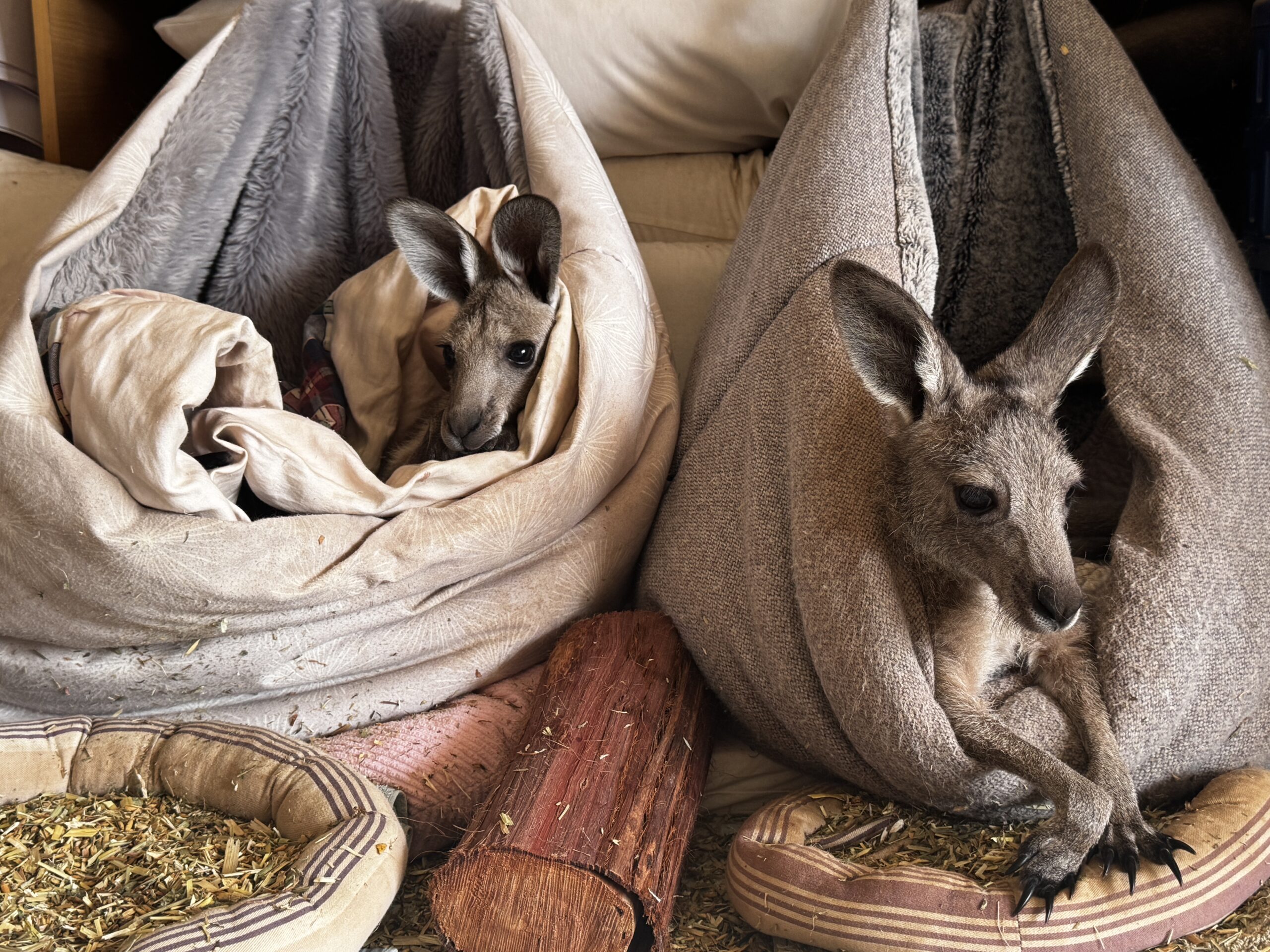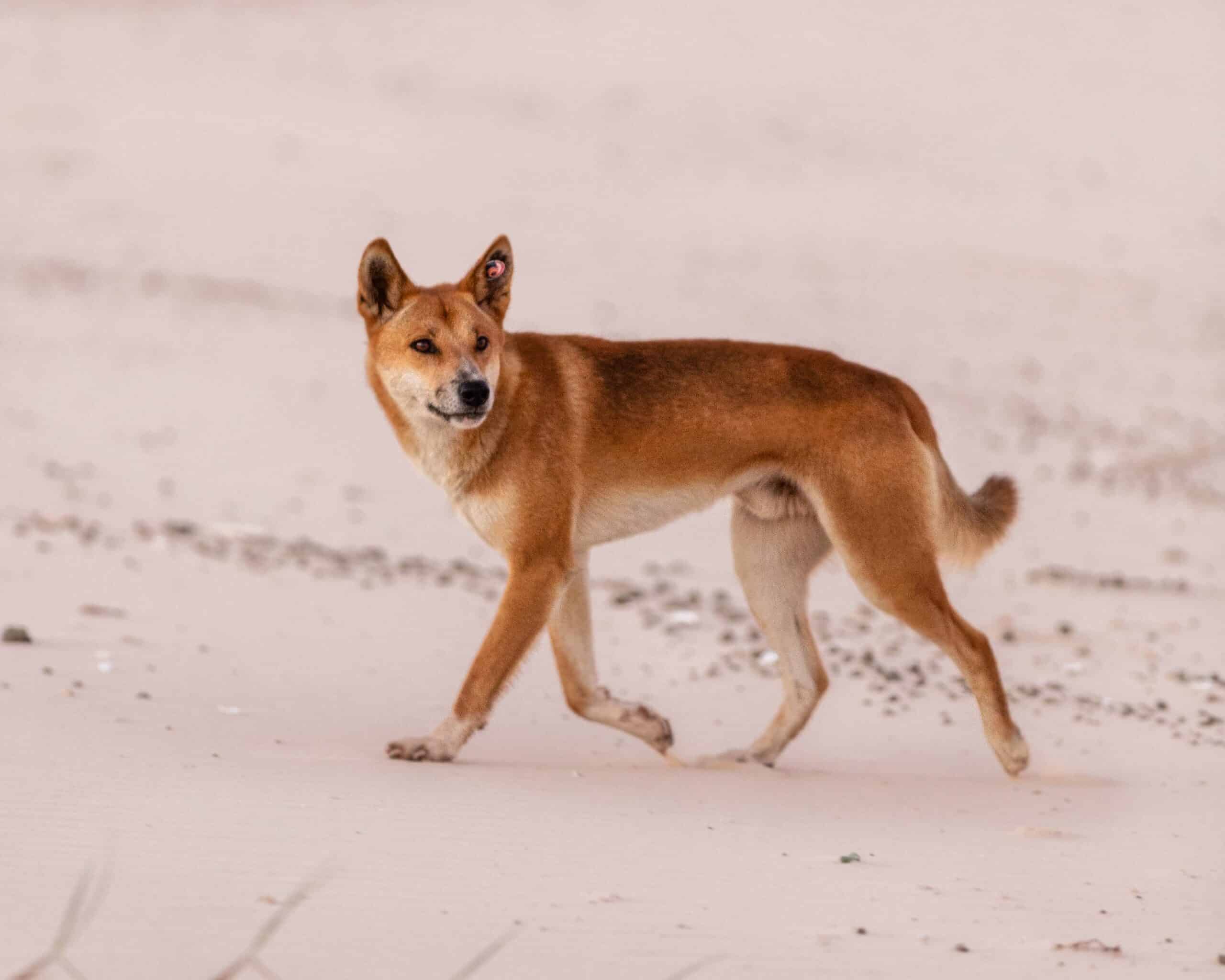When disaster strikes, wildlife rescue is rarely quick or simple. It is a slow, meticulous act of care that often begins with a single phone call from a worried member of the public, or a sighting by a search team moving through burned country. During the ongoing bushfires in Victoria, Humane World for Animals teams have been...
Humane Society International and Environment Justice Australia have decried Victoria’s Wildlife Act as part of the problem confronting wildlife in the state, rather than an effective tool to protect it, in a report released this week.
Fortunately, there is no argument from the Victorian Government. Our report is written in support of a review of the laws announced by Victoria’s Environment Minister Lily D’Ambrosio last year. In the report we explain how the laws, which date from 1975, enshrine outdated attitudes and anachronisms, and we set out our hopes for reform.
The Act has its origins in very old laws governing hunting. Concerns over conservation and care for native wildlife have only been built into the scheme through ad hoc inadequate amendments over the years. Its time for a major overhaul to bring the 45 year old laws up to date with modern legislation and the values of the community today. No longer can we have a law that has allowed tourists to come to Victoria to shoot wombats for recreation!
Dr Bruce Lindsay at Environmental Justice Australia, who authored the report, says “Our wildlife is in the gun-sights of rapidly accumulating extinction and climate crises. Our laws are hindering and enabling the problem, not confronting it or overcoming it. Generally, the Victorian Wildlife Act is outdated, not driven by clear policy or science, and its administration is mired more in obscurity than good governance”.
The report follows egregious recent incidents involving the illegal killing of protected native wildlife such as wedge tailed eagles, koalas and wombats and uproar over the inadequacies of the law and its penalties. When terrible wildlife crimes happen, the community wants the book to be thrown at the perpetrators. The problem in Victoria is that the book isn’t very heavy.
The law also has a preoccupation with destroying wildlife rather than saving it. In 2019 alone, 3441 ‘Authorities to Control Wildlife’ (ATCWs) (a euphemism for culling) were issued authorising destruction or harm to a staggering 185,286 animals. This included 966 emus; 3,655 wombats; 3,152 ravens; 6,919 little corellas; 4,570 sulphur-crested cockatoos, 77,300 kangaroos (on top of a commercial quota), as well as 6,604 grey-headed flying foxes which are a threatened species.
On top of that toll, the law also allows the handing out of ‘unprotection orders’ to kill possums, dingoes, long billed corellas, and many other animals. The ‘unprotection order’ for wombats was recently removed after outrage ensued when it was revealed a property owner was using it to invite tourists to shoot wombats. However, the killing of wombats can still be authorised by ATCWs.
The purpose of wildlife legislation should be to protect our native threatened species, and not sanction its decline. Australia is currently leading the world on the extinction of mammals and is ranked fourth globally when it comes to the extinction of all species. This is no time to be legally authorising the killing of thousands more native animals. Thank goodness the review of the Wildlife Act provides a critical opportunity for a reset.
We agree with Dr Lindsay when he says “We hope that this report will provide the review with an indication of the substantive changes needed to bring the legislation in line with best practice. A reformed Act will need strong scientific and ethical foundations for transparent decision making, a major upgrade in accountability, an independent regulator and a proper compliance and enforcement regime with strong penalties”.
HSI and EJA are pleased to have coverage of the report in The Age and we look forward to working with the Victorian Government on the reforms.
Nicola Beynon is Head of Campaigns at Humane Society International Australia. She has been the NGO advisor on many Australian Government delegations to multi-lateral treaties for wildlife protection, including the regular meetings of the International Whaling Commission (IWC) since 2000. A career highlight was when HSI took the Japanese whaling company Kyodo Senpaku Kaisha to court for killing whales in the Australian Whale Sanctuary in Antarctica and won.
Image: TheGirlsNY


